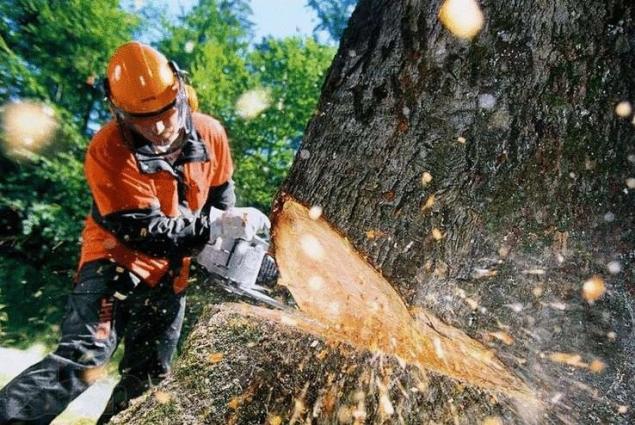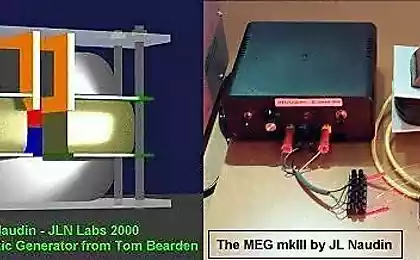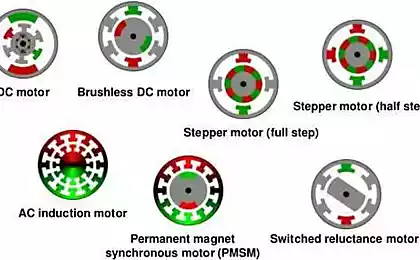424
From trees will do the capacitors
Scientists at the University of Oregon on the basis of fundamental chemical processes found that cellulose can be used in high-tech devices for energy storage.
Chemists their Oregon found that cellulose – the most abundant organic polymer can be heated in the presence of ammonia, and then to turn in component to powerful capacitors. As explained by author David G.: "the Ease, speed and potential of this process is really exciting. We first proved that causing cellulose to react with ammonia, it is possible to create a nanoporous carbon membrane. We're going to take cheap wood and turn it into a high-tech product".
Created membrane in the nano-scale, very thin. One gram can make the surface of 2000 square meters. This makes them extremely useful for supercapacitors. This new process allows to produce them quickly and inexpensively. The principle is similar to the manufacture of filter paper: paper filters for coffee makers. The impact of high heat and ammonia converts the cellulose to a nanoporous carbon material. Such components are highly effective for conventional capacitors in automobiles, electronics and high-power devices for heavy equipment. As stated by Gee, there are many areas where capacitors are needed, but it is constrained by the cost of these components. Now a simple and easy process will make these devices much cheaper.

Source: nauka24news.ru/























